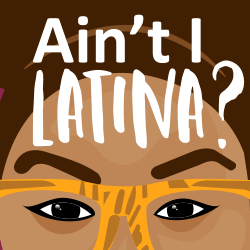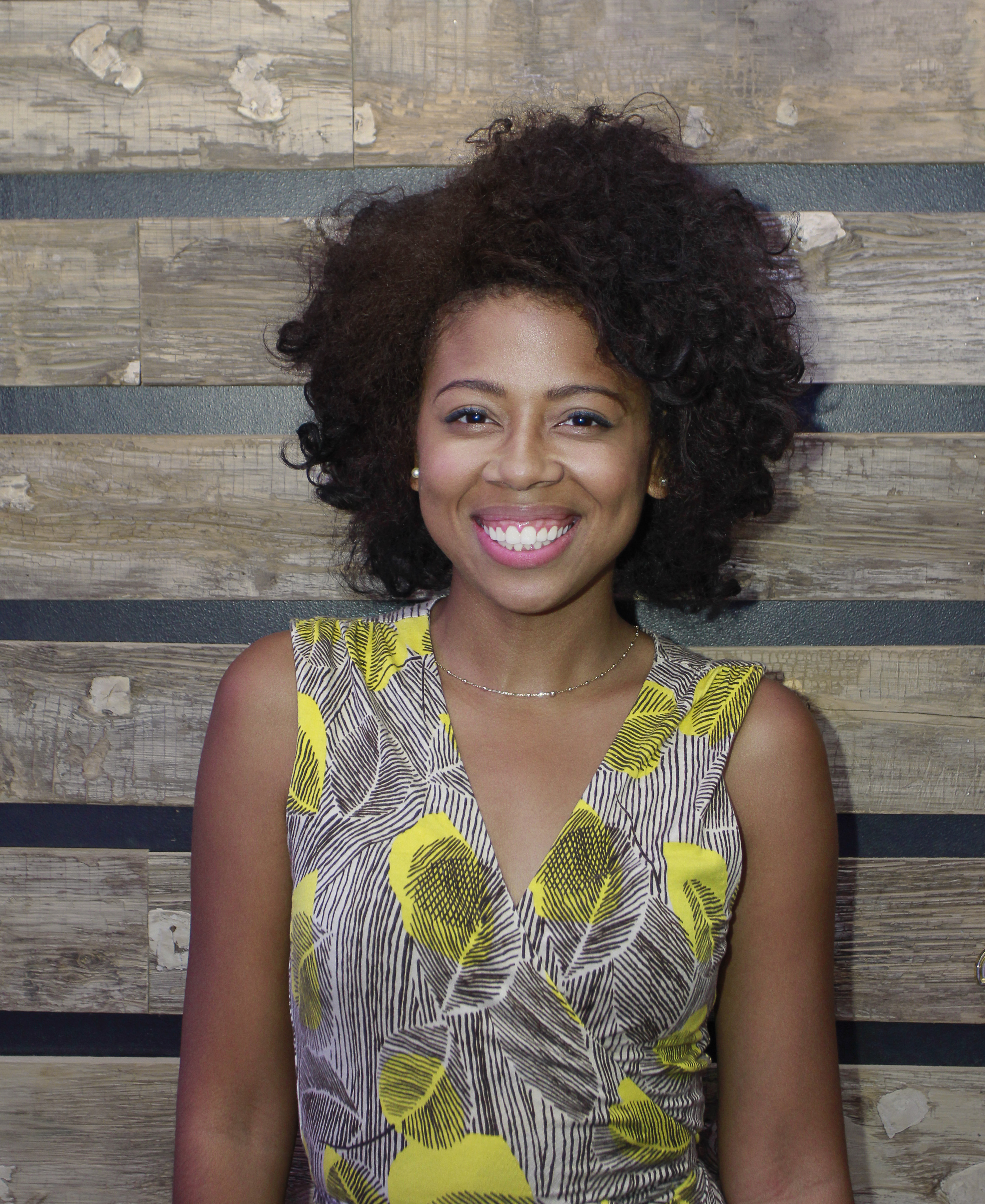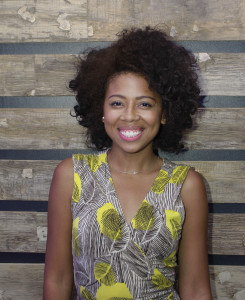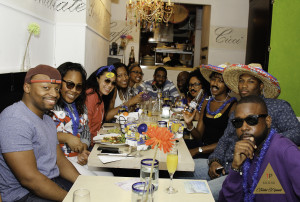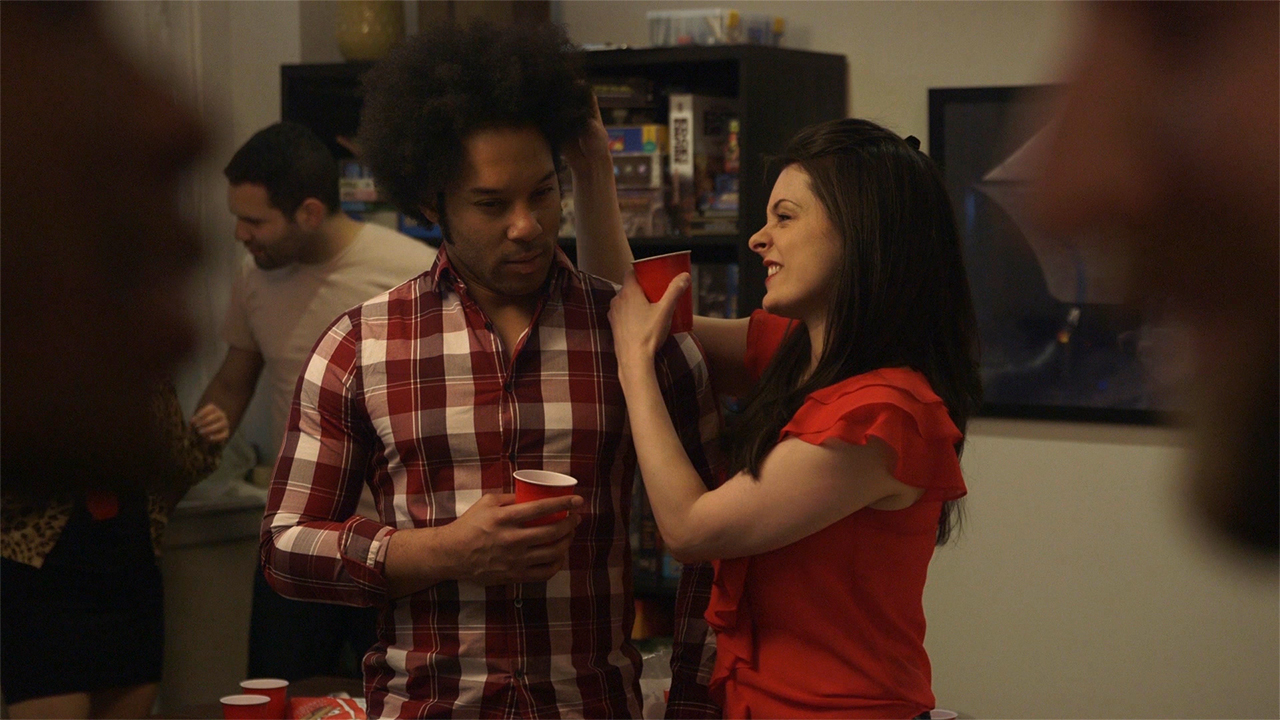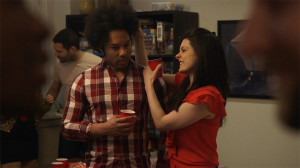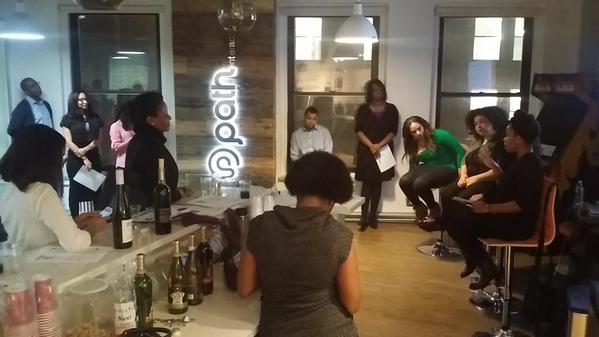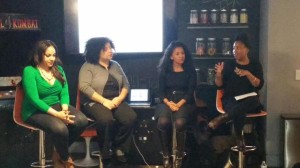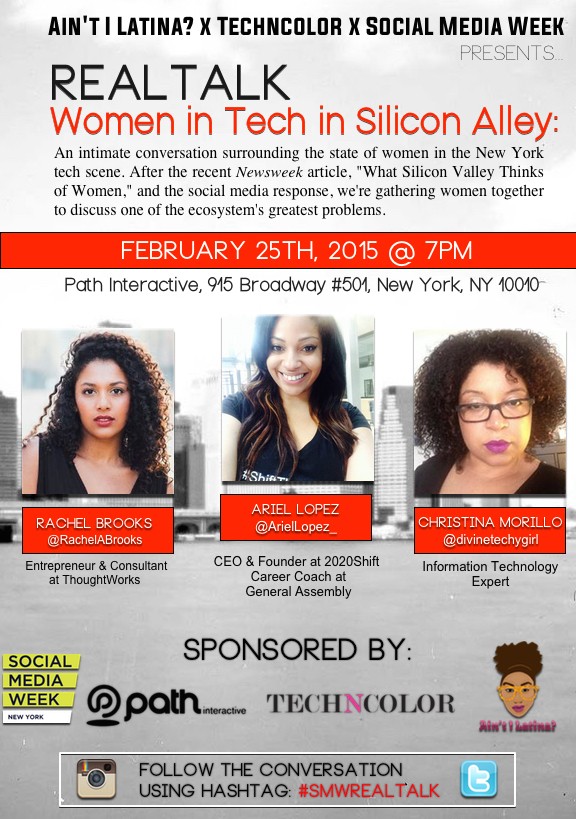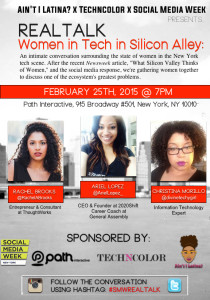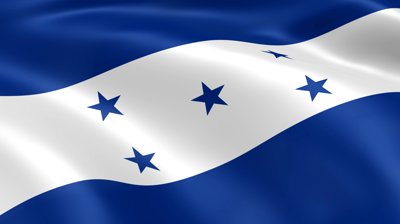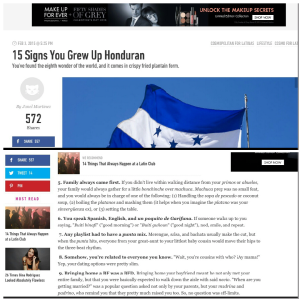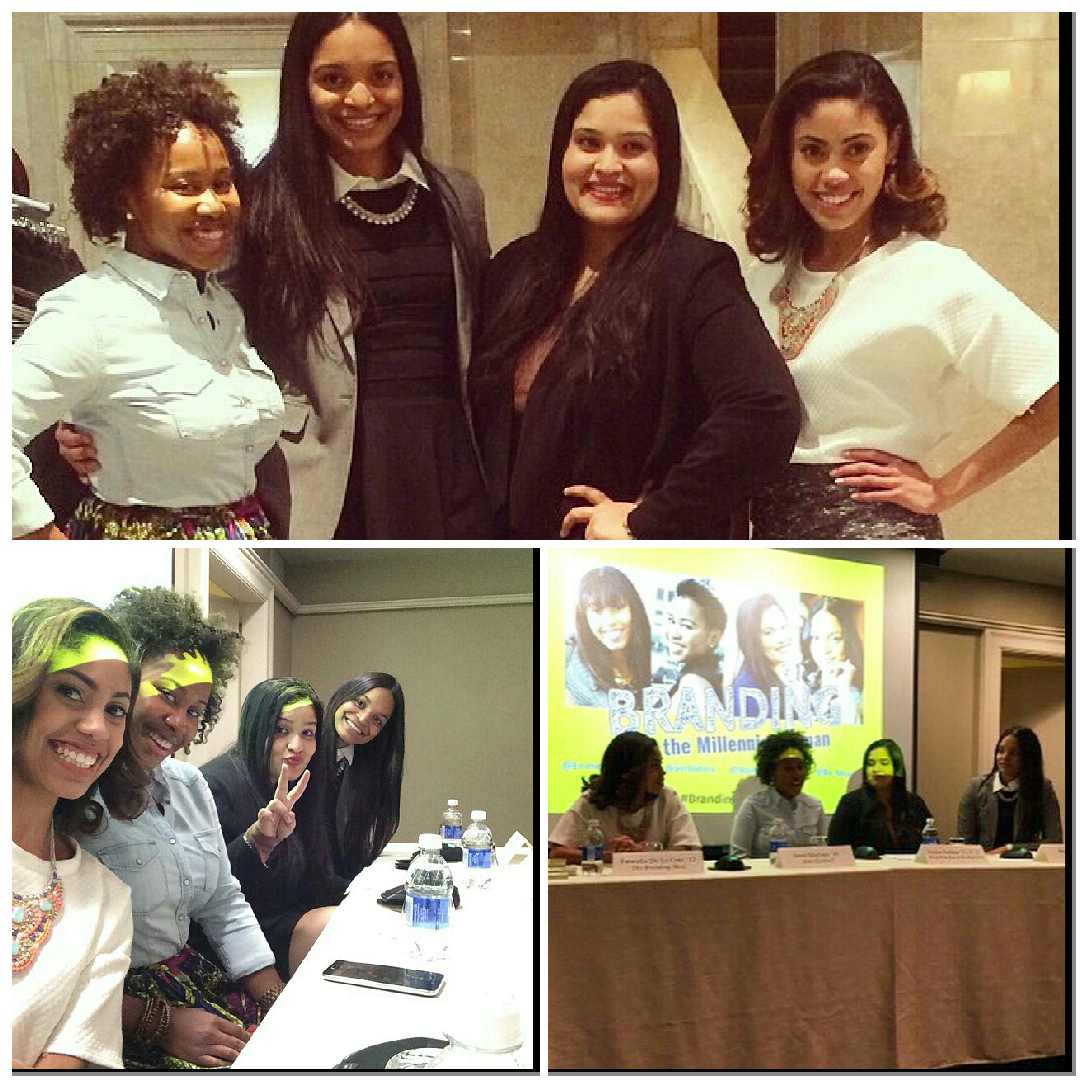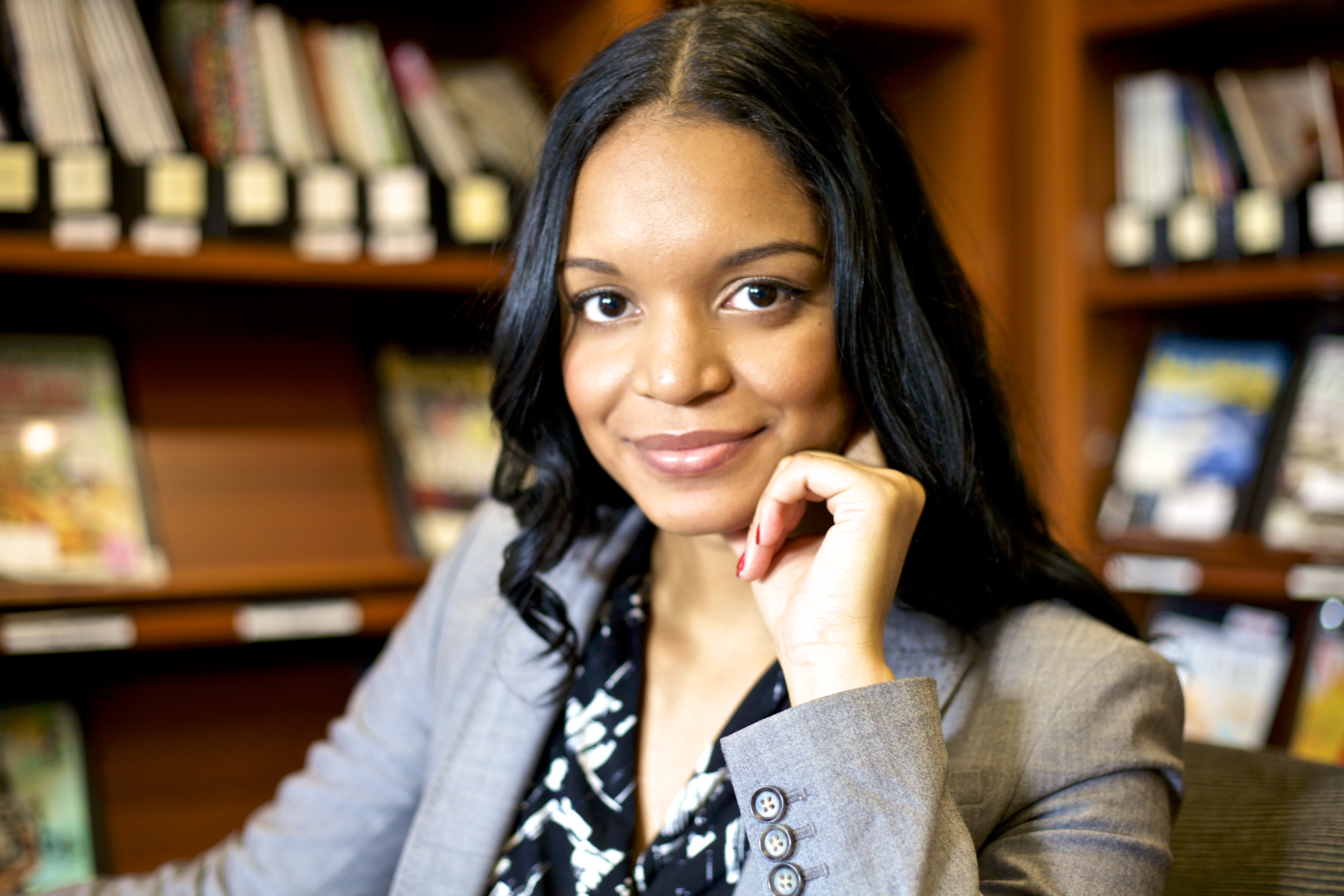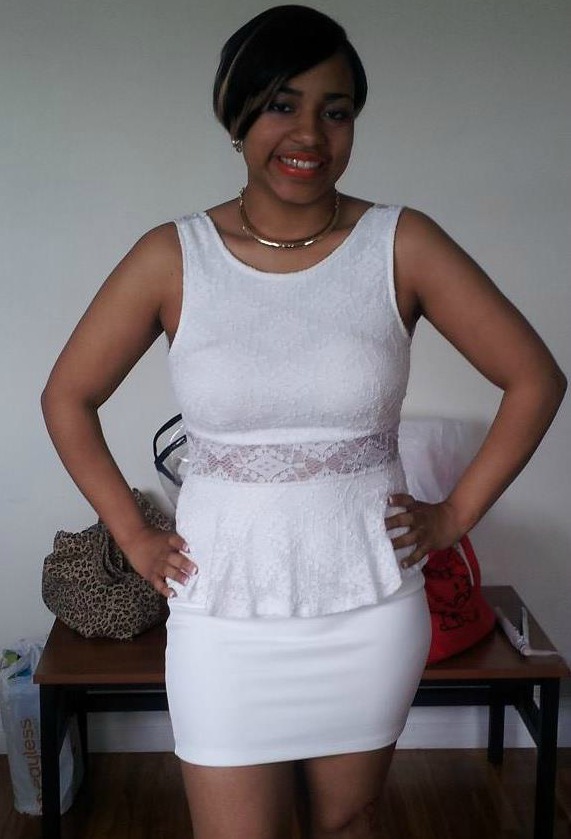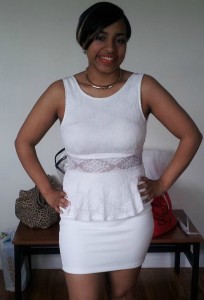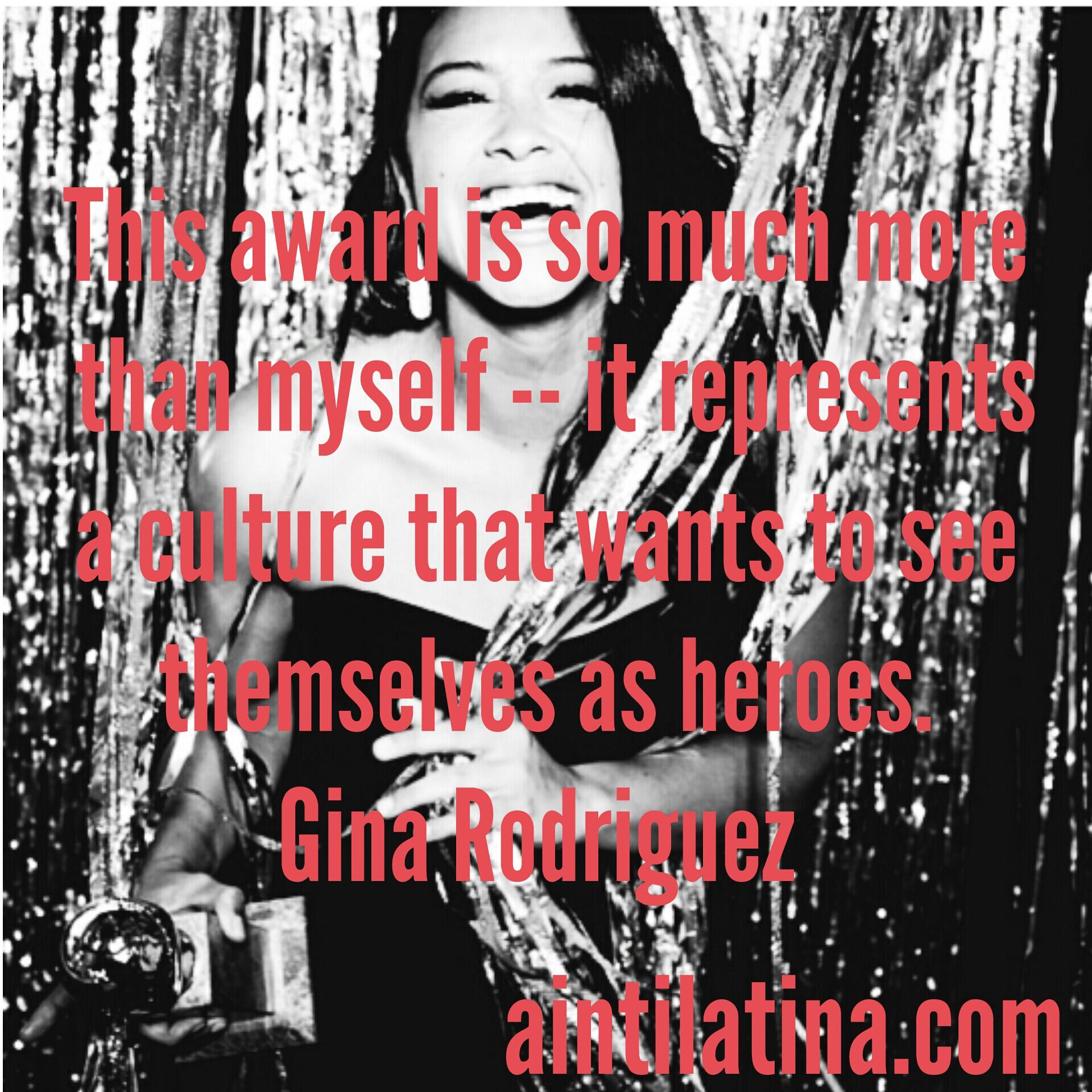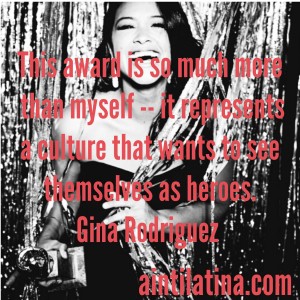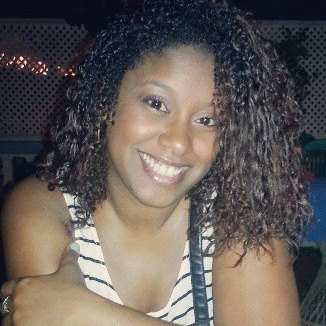Many millennials can relate to having to choose between their passion and what pays the bills. But some aren’t willing to sacrifice what drives them for the taste of success, especially when you can create your own recipe.
When puertorriqueña Casandra Rosario realized their wasn’t an outlet for young professionals who enjoyed eating out on a reasonable budget, she created a website now known as Food Before Love in June 2012.
“I was looking on the blogs and I didn’t find anything that I cared to read that was targeted toward me, so I started my website,” says the Harlem, New York native.
Her decision to create the site, which later bloomed into a business, allowed Rosario to use her Hospitality and Service Management degree from Rochester Institute of Technology. It’s been a little over two years since the chief foodie created her brand and we caught up with the #bossbabe to discuss becoming an entrepreneur full-time, being Afro-Latina and why Kelis is her fave.
What went into your decision to become a full-time entrepreneur and to focus on FoodBeforeLove.com 24/7?
I was doing the 9-5 and doing my thing on the side for a while. But the company was taking up a lot of my time, my 9-5 as well. It became one of those things where I was miserable, dreading going in to work. I would get up and I would not want to go to work. It wasn’t like I had an epiphany like ‘Oh, let me do this thing and try it out and see what it’s like.’ It was more like I hate this job, I love my company; what do I want to do? Do I want to sit here miserable all the time and try to manage my company on the side, or do what I love and be happy? That seemed so much easier. I’m all about convenience.
Whatever you’re going to do, make it work; make it happen. I think that’s like the biggest thing. I think people make a lot of excuses. I’m still guilty of that as well; I think it’s just a matter of remembering your purpose.
Remember why you’re running whatever you’re running. Stay true to that and do it with everything that you have.
Since launching Food Before Love, how has your blog led you to other opportunities?
I’ve gotten to meet a lot of great industry professionals through my work and people in general that come out to our events. It’s really fulfilling for me when people come out and they try something new or they meet someone new. That’s exciting to me. That’s why I have my company, so that people can expand their palette; have new food experiences. That has been extremely fulfilling for me.
With that, I’ve met other people that have made other things possible like being able to travel with the company, sponsorships and things like that. Just getting the brand exposed to as many people as possible has opened up doors.
How do you identify? Do you use the term Afro-Latina, or prefer another term?
I use it and then I don’t. It really depends on the context of the conversation. I use it more now than I did before but that’s because I’m still new to it. I’m embracing it more now, so I get to say it more often but it’s still complicated because people still don’t understand what it means to be Afro-Latina, and I’m still learning a lot about what it means as well.
I have African ancestry in me, so I do identify myself as Afro-Latina for those who do want to get into the conversation with me. We can talk about it. For the most part, I say I’m Puerto Rican.
Growing up, was there every a time you felt different from your peers?
Yeah, I mean, it’s a combination of experiences. There wasn’t one specific moment because there were so many things that happened over, and over, again that you don’t even realize. I guess it’s just always kind of been that way. When I was in elementary school, I used to hang out with the Spanish girls. When I got to high school, I hung out with the Black girls. When I got to high school, I realized I might not be Spanish enough for these people. When I’m with my Black friends, I’m the Spanish girl that’s with them. They’re like, Cas, you’re Black like you’re one of us kind of thing. I didn’t understand what that meant at the time because I wasn’t identifying as Afro-Latina; I wasn’t even thinking about it.
Of course I felt some type of way as a kid. I mean, I speak Spanish fluently. I was just like, why can’t I be cool with the Spanish girls when I speak Spanish, too?
Which Latina do you most identify with and why?
I love Kelis! It just so happens that she’s Puerto Rican, Black, Chinese and from Harlem. I love her and I’ve always identified with her because she’s her own person. I think she’s never let whatever she is identify who she is, and she’s always kind of done her own thing and she hasn’t given a f*ck about it. She is who she is and there are no boxes for her. She is just Kelis.
You can follow FoodBeforeLove.com on Twitter and Instagram at @FoodBeforeLove.
